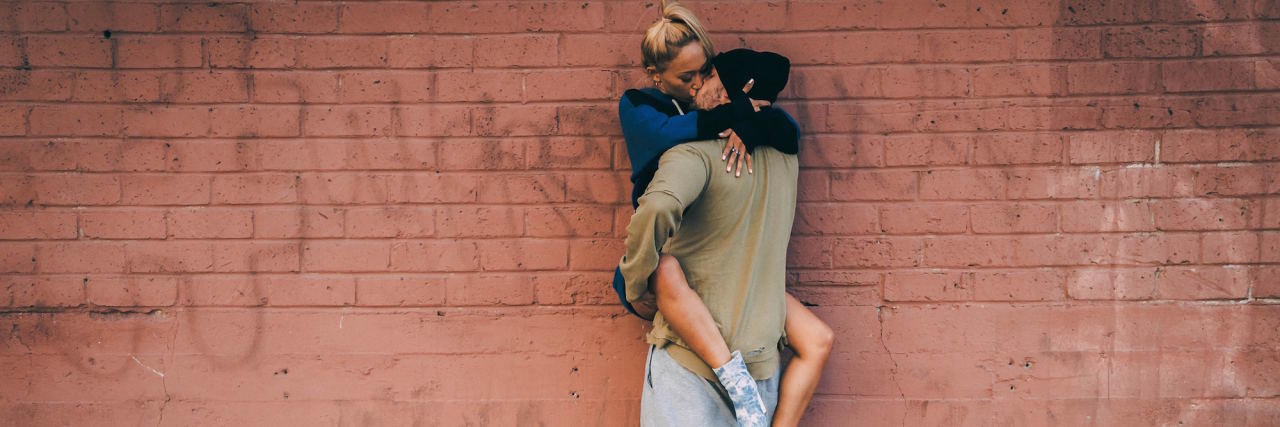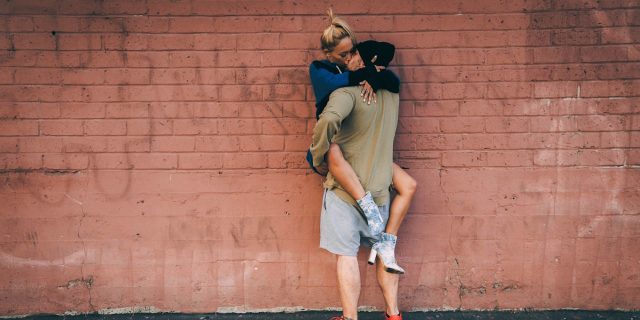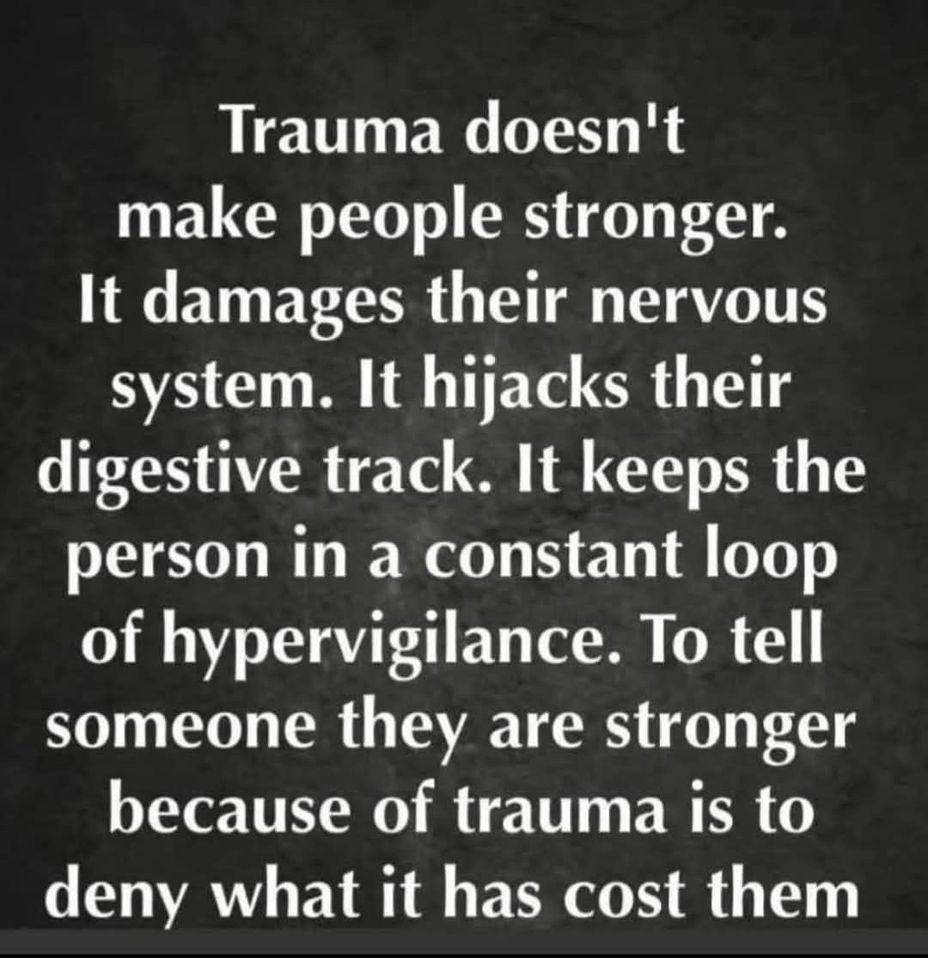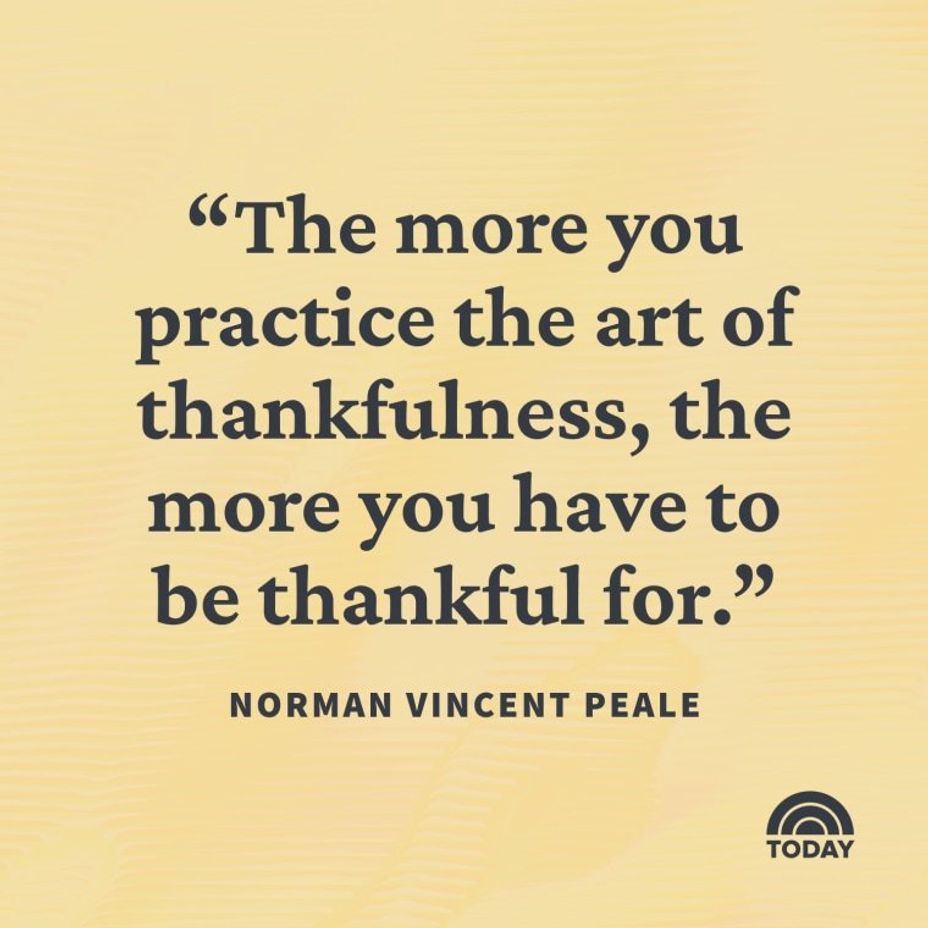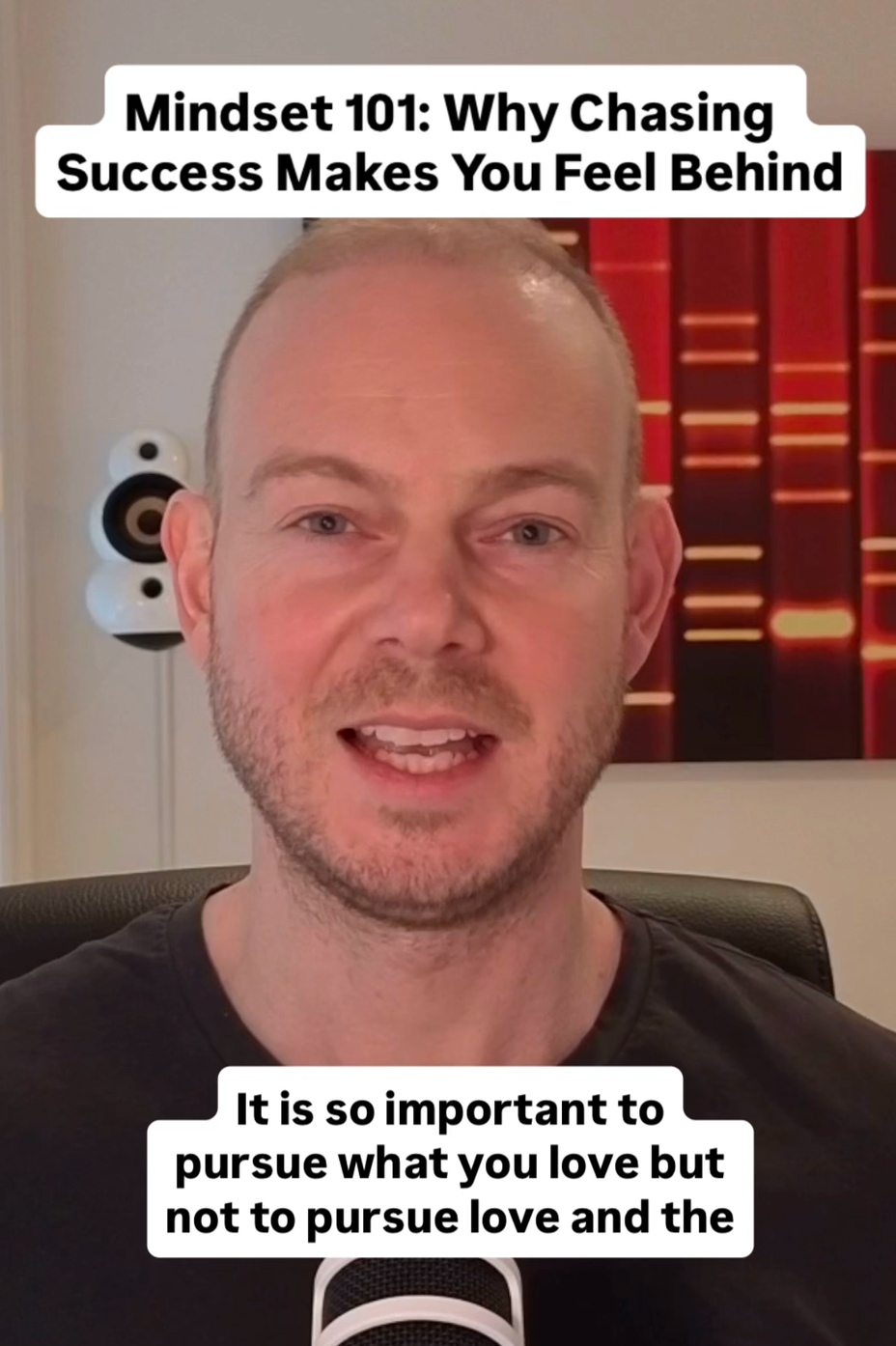Neurodivergent And Disability Definitions
Cross-Neurotype Communication
Communication between people with different neurotypes, such as Autistic and allistic people.
Open To Read More
Cross-neurotype communication refers to interactions between people with different neurotypes — for example, Autistic and non-autistic people. These interactions can feel effortful at times, not because anyone is doing something “wrong,” but because people may process, express, and interpret social information differently.
Historically, communication breakdowns have often been framed as deficits within the neurodivergent person. The Double Empathy Problem (Milton, 2012) offers a different lens. It suggests that misunderstandings arise from a two-way mismatch: people with different neurotypes are operating from different cognitive, emotional, and sensory frameworks. The difficulty lies in the gap between those frameworks, not in a lack of empathy on one side.
Research on cross-neurotype communication (e.g., Crompton et al., 2020) shows that:
Autistic–Autistic communication can be just as effective, and sometimes more so, than mixed-neurotype communication
Many misunderstandings stem from differences in communication style rather than social “deficits”
Shared neurotype often brings greater ease, comfort, and mutual understanding
In relationships, personal, professional, or therapeutic, cross-neurotype dynamics may involve differences in things like:
expectations around timing, tone, directness, or context
how social cues or emotional expressions are interpreted
preferences for structure, spontaneity, or sensory environments
Approaching these differences with curiosity and neurological humility makes room for shared understanding. Rather than trying to correct or normalize one person’s communication style, cross-neurotype awareness supports the co-creation of communication norms that respect all neurotypes.
Delayed Processing
Delayed processing involves needing extra time to take in information, make sense of feelings, or respond in social situations.
Open To Read More
Delayed processing describes a pattern where understanding, emotional clarity, or responses take more time to emerge. This is common in Autistic and ADHD people and reflects how information is processed, not a lack of intelligence, care, or engagement.
Many Autistic people process information in a more bottom-up way, taking in details first and integrating meaning gradually. This depth of processing can lead to thoughtful, nuanced insights, while also requiring more time than faster, top-down processing.
Delayed processing can also be connected to alexithymia, where perceiving and naming emotions is more difficult. Someone might only realize how an experience affected them later, once their nervous system has had time to settle and make sense of what happened.
When delayed processing is misunderstood, it’s often mistaken for avoidance, disengagement, or indifference. In reality, it reflects depth, care, and a need for time and space. Offering pauses, written follow-ups, or opportunities to revisit conversations later can be meaningful ways to support this processing style.
Cognitive Overload
Cognitive overload happens when incoming demands exceed mental capacity, often showing up as shutdown or irritability.
Open To Read More
Cognitive overload happens when the brain is taking in more information or demands than it can effectively process. It can show up as mental fatigue, slowed thinking, or even shutdown. For neurodivergent people, cognitive overload often grows out of environments that require constant shifting, multitasking, or making sense of unclear social or sensory information.
Occasional overload is part of being human. But when overload becomes chronic or repeated, it can contribute to burnout, meltdowns, and increased executive functioning difficulties — including challenges with focus, working memory, and emotional regulation. These strains can make it harder to plan, prioritize, and recover.
Learning to recognize the early signs of cognitive overload can make a difference. Catching it sooner allows for stepping back before things tip into overwhelm. Reducing sensory and cognitive input, building in recovery time, and leaning on external supports, like written reminders or visual structure, can help bring the system back into balance.
